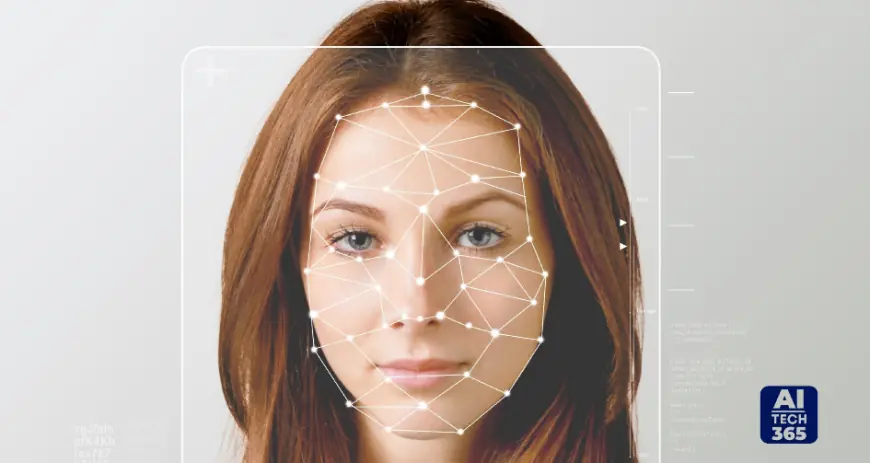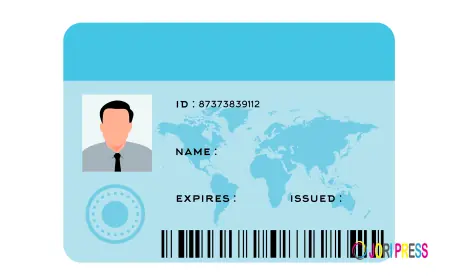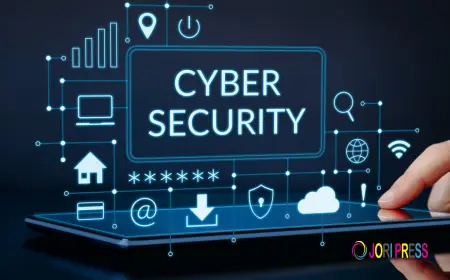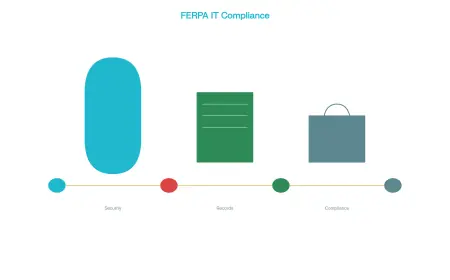Can Facial Recognition Apps Fully Replace Traditional Passwords?

Facial recognition technology is rapidly transforming digital security, promising a future where unlocking devices or verifying identities could be as simple as showing your face. This technology, leveraging AI and computer vision, is increasingly integrated into smartphones, apps, and various authentication systems.
Understanding Facial Recognition
Facial recognition works by analyzing distinct facial features—such as the distance between eyes, nose shape, and jawline—to create a unique digital map. This biometric data is then matched against stored profiles to confirm identity. Unlike traditional passwords or PINs, which can be forgotten or stolen, facial recognition offers a hands-free and seamless user experience.
Also Read: Getting Started with Computer Graphics: Everything You Need to Know
Advantages Over Traditional Passwords
-
Enhanced Convenience: Users no longer need to remember complex passwords or carry physical tokens; authentication happens swiftly through a glance.
-
Improved Security: Facial biometrics are much harder to replicate or hack compared to conventional passwords, reducing risks of unauthorized access.
-
Speed and Efficiency: Face scans often take milliseconds, making authentication faster and more user-friendly.
Challenges and Limitations
Despite these benefits, facial recognition apps face significant hurdles before fully replacing passwords:
-
Privacy Concerns: Storing and managing biometric data raises critical questions about data protection and misuse.
-
False Positives/Negatives: Lighting, angles, or changes in appearance can cause recognition errors, potentially locking out legitimate users or allowing imposters.
-
Spoofing Risks: Although advanced liveness detection is improving, some systems can still be fooled by photos or videos.
The Ethical Debate
The adoption of facial recognition prompts debate over surveillance and consent, particularly when used in public spaces or by governments. Striking a balance between convenience and privacy remains a key challenge.
Will Facial Recognition Replace Passwords?
While facial recognition offers exciting possibilities for authentication, experts agree that a hybrid approach may be the safest path forward. Combining biometrics with traditional factors (like passwords or tokens) in multi-factor authentication can enhance security without sacrificing usability.
Conclusion
Facial recognition technology is a powerful tool poised to redefine digital security, but it is unlikely to completely replace traditional passwords in the near future. By addressing privacy, accuracy, and ethical concerns, this technology can complement existing authentication methods, creating a more secure and user-friendly experience.
Also Read: Invisible Insights: Harnessing the Power of Computer Vision Algorithms
What's Your Reaction?
 Like
0
Like
0
 Dislike
0
Dislike
0
 Love
0
Love
0
 Funny
0
Funny
0
 Angry
0
Angry
0
 Sad
0
Sad
0
 Wow
0
Wow
0


















































